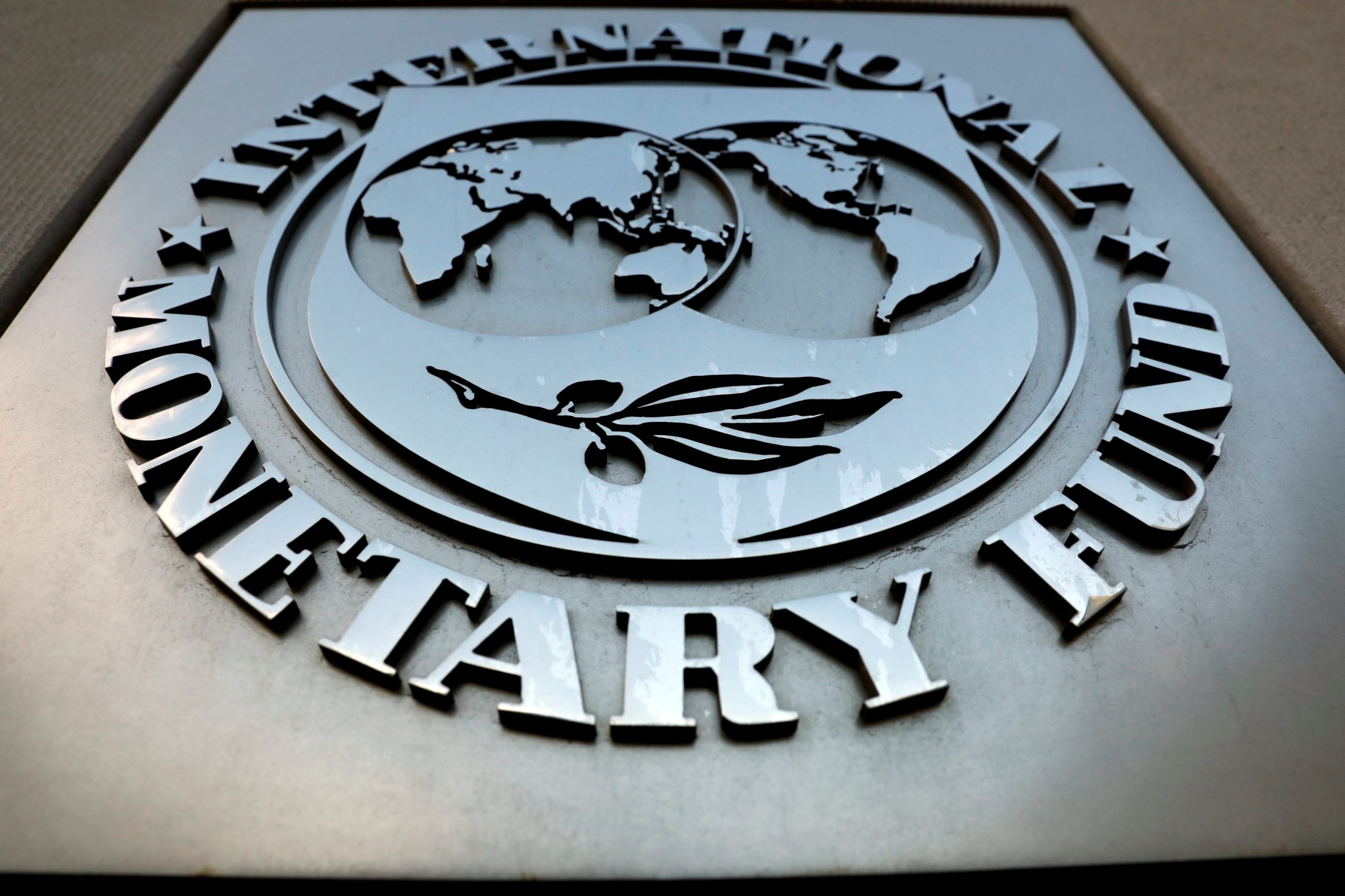By Chioma Obinagwam
The International Monetary Fund (IMF), in its April 2021 edition of the World Economic Outlook (WEO) report published in the previous week, raised growth projection for the Global Economy in 2021 and 2022 to 6.0 percent and 4.4 percent respectively.
The IMF expects global growth in 2021 to improve from 5.5 percent earlier projected in January 2021 to 6.0 percent, while growth for 2022 is expected to print at 4.4 percent as against the earlier projection of 4.2 percent.
However, IMF’s growth forecast for Nigeria in the period under review (2021 and 2022) appears to be inconsistent.
According to the projections for Nigeria, the 2021 GDP growth forecast for Nigeria was raised to 2.5 percent from 1.5 percent, while that of 2022 was lowered to 2.3 percent from an earlier projection of 2.5 percent.
An indication that the slight recovery witnessed in year 2021 will not be sustainable.
These revised projections are expected to be jointly driven by the improved recovery of economic activities in both the Advanced Economies (AEs) and the Emerging Markets & Developing Economies (EMDEs) divides of the global economy, barring new resurgence of the COVID-19 pandemic and any other major shock.
The projections for the global economy is not unconnected to the gradual recovery in global economic activities from the pandemic-induced downturn of the year 2020 which resulted in a global GDP contraction of 3.3 percent.
According to Afrinvest research, the research arm of Afrinvest, a leading independent investment banking firm, the latest IMF forecast for Nigeria is in tandem with what it earlier reported.
“Interestingly, the new IMF projection for Nigeria in 2021 aligns with our 2021 growth forecast as contained in our macroeconomic outlook report, and this further reinforces our position that Nigeria’s path to recovery will be blurry, with no hope of a near term improvement in the average living standards of its citizens,” it explained.








Leave a comment